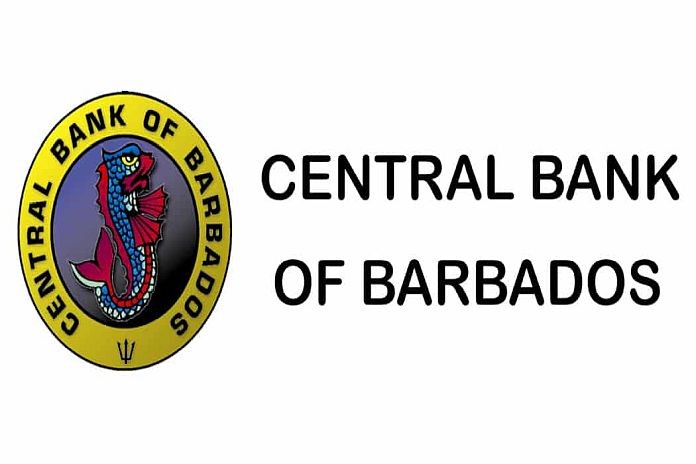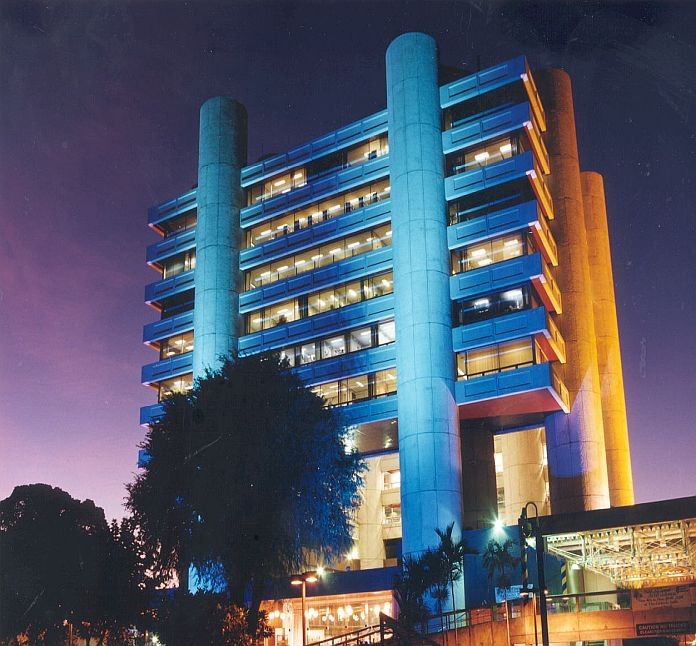By Central Bank of Barbados
BRIDGETOWN, Barbados – The Barbados economy is expected to maintain its growth momentum over the second half of 2024, driven by increased activity across the traded and non-traded sectors.
Growth
Economic growth in 2024 is anticipated to reach approximately 3.9 percent, driven by an expansion in tourism, which will stimulate growth in the non-traded sectors of the economy. Ongoing private and public sector investments are expected to lead to growth in the short to medium term. These investments include continued infrastructural development in the travel industry, renewable energy projects, digitisation of public sector services, public utility upgrades, and the enhancement of individual skills through increased education and training initiatives.
Tourist arrivals are expected to surpass pre-pandemic averages in all markets. By the end of 2024, it is anticipated that visitors from all markets will surpass pre-pandemic averages, supported by the Crop Over festivities and increased airlift capacity. The appetite for Barbados’ tourism product is strong, with early forward bookings from major source markets exceeding the previous year by over 18 percent. Cruise activity is projected to continue to recover from pandemic setbacks, buoyed by the return of summer cruise activity and an increase in cruise calls in the last quarter.
While the growth outlook is promising there are several risks. According to the July 2024 World Economic Outlook, global growth is projected to hold steady at 3.2 percent during 2024, which is lower than the average of 3.8 percent between 2000 and 2019. The slowdown is attributed to higher borrowing costs, geopolitical tensions, and weaker productivity growth. Stronger-than-expected global growth could further boost demand for Barbados’ tourism product and exported goods. However, several downside risks could derail domestic growth projections, including slower-than-anticipated global growth, which could reduce exports and tourism demand from major source markets.
Additionally, high airline ticket prices, are likely to negatively impact the tourism sector’s continued growth and recovery. Environmental risks such as extreme weather events due to climate change also pose significant threats, with the potential for hurricanes, floods, and other natural disasters to disrupt travel plans and damage infrastructure. These environmental risks also pose a threat to the viability of the agricultural sector.
Inflation
Domestic inflation is projected to slow over the medium term. The 12-month moving average inflation rate is anticipated to settle between 3 and 3.5 percent by the end of 2024. The outlook is underpinned by the expected decline in international food prices and the easing of global oil prices from peak levels recorded in 2022.
However, global developments such as the potential extension of voluntary oil production cuts by members of the Organisation of Petroleum Exporting Countries (OPEC+) and heightened geopolitical tensions could trigger an increase in international oil prices.
Additionally, the Red Sea crisis, water shortages in the Panama Canal, and port congestions may lead to a surge in freight costs. On the domestic front, adverse weather conditions could result in agricultural product shortages, placing upward pressure on local prices. The impact of Hurricane Beryl on the fishing industry during July 2024 poses another threat.

The external position
Barbados’ external position is set to remain strong over the medium-term. Forecasted growth in tourism along with anticipated foreign direct investment inflows supporting local construction and tourism-related projects are expected to strengthen the country’s foreign exchange position. Additionally, the initiative to encourage the use of electric vehicles and other sustainable products will cushion the economy against fuel price volatility. These combined factors should aid in strengthening Barbados’ external position, enhancing long-term economic stability and growth.
Fiscal and debt sustainability
The government remains committed to the long-term goals outlined in the BERT-2022 programme inclusive of the maintenance of fiscal and debt sustainability. Efforts to streamline expenditure and boost revenue collection are ongoing, including reducing significant revenue losses through the reform of the approval of waivers.
The 2024 budgetary proposals outlined the timeline for the transition to the modernised duty and tax exemptions approvals framework. Revisions to the tax exemptions regime featured the requirement for entities to requalify for concessions under new terms, with validity subject to continued compliance with stipulated terms. The modernised waiver regime is expected to reduce detrimental revenue leakage and ensure the realisation of desired economic dividends upon which waivers are based.
Additionally, the reform and modernisation of the corporation tax structure, aimed at meeting the OECD Inclusive Framework Global Rules, is anticipated to yield a net tax-positive impact on the medium-term revenue outturn. Simultaneously, efficiency gains over time are expected to reduce government expenditure. Continued restructuring of key state-owned enterprises is expected to achieve operating efficiencies and ultimately reduce subventions to public entities.
The debt-to-GDP ratio is expected to remain sustainable and on its downward path. Continued economic growth and sustained primary surpluses are expected to pave the way for achieving the debt target by FY2035/36. However, the unpredictable nature of climatic events and other shocks poses risks to the downward trajectory because of the unexpected financing needs they generate.
Government’s commitment to invest in climate-resilient infrastructure as a preventative measure, through its partnership with the IMF’s (Resilience and Sustainability Facility (RSF)) as well as project funds associated with the renewable energy development and marine protection are examples of risk mitigation in managing its debt portfolio.
The financial system
Given the combination of robust levels of capital and the positive macroeconomic outlook over the latter half of 2024, the financial system is expected to remain stable. NPLs are projected to remain at low levels and profitability should remain relatively steady. Further improvements in economic activity in tourism and other sectors throughout the year should lead to increased demand for credit. Notwithstanding the expected increase in imports, deposits are earmarked to grow during the latter portion of the year, on account of improved labour market conditions.
As Barbados continues on the path to inclusive and sustainable economic growth and resilience building, it is imperative for all stakeholders to remain vigilant and proactive in addressing the challenges and seizing the opportunities ahead. The sustained growth in tourism, robust foreign direct investments, and the strategic initiatives outlined by the government provide a strong foundation for future prosperity. However, realising this potential requires concerted efforts from the public and private sectors, civil society, and the international community.
Let us collaborate to foster innovation, enhance productivity, and build a resilient economy that can withstand global uncertainties. Together, we can drive sustainable development, improve the quality of life for all Barbadians, and secure a prosperous future for our nation. Now is the time to act decisively, invest wisely, and work collectively towards our shared goals.





